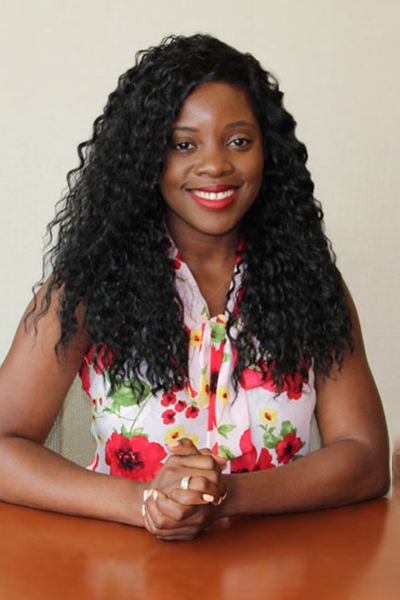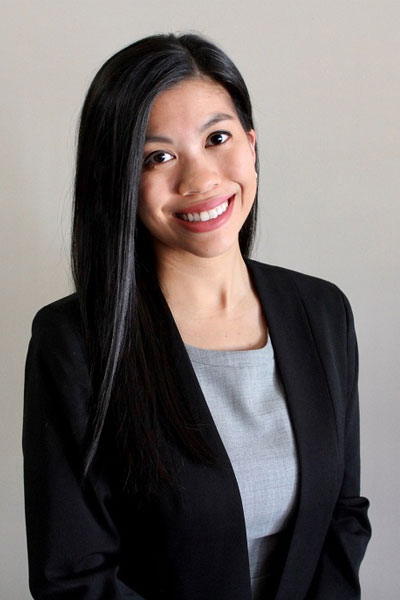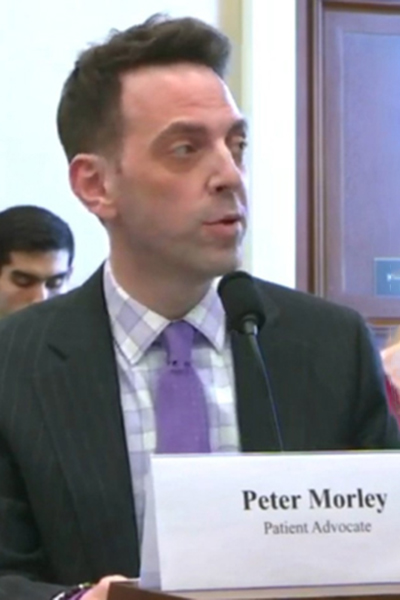Understanding how LGBTQ+ patients self-identify is key to providing appropriate care and achieving positive health outcomes.
“To care for someone, we need to know who they are,” said Jillian Rose, PhD, MPH, LMSW, director of community engagement, diversity, and research, Hospital for Special Surgery, New York, during the session Enhance Care For LGBTQ+ Patients.
Registered attendees have on-demand access to watch a replay of the session through Wednesday, March 11.

“Asking our patients who they are, how they identify, is critical,” Dr. Rose said. “Research shows that patients who disclose their sexual orientation or gender identity to their providers feel safer in discussing high-risk behaviors, are able to have screenings that are appropriate to their biological parts that they still have, and also feel safer to address psychosocial issues around their gender identity, gender interactions.”
While all patients should have the right to respectful, nondiscriminatory effective medical care, lesbian, gay, bisexual, transgender, queer, and questioning populations experience barriers in accessing such care.
“Transgender patients, especially, may face unique challenges in interactions with physicians and other health care professionals,” Dr. Rose said. “Research shows that increasing health care provider education can have positive health outcomes for the LGBTQ+ community, including our transgender patients.”
While using appropriate terminology, including the pronouns a patient uses to self-identify, is a key component to providing care while approaching people with dignity and respect, it is not the only one.
“Other things to consider as clinicians is ensure that we’re doing our OB/GYN screening,” Dr. Rose said. “We’re screening for pregnancy tests even though someone may appear as male. We want to ask about what body parts they have so we can do appropriate screening, and we want to ask about medications and health maintenance like pap smears, breast exams, and prostate exams to continue to work with our patients in terms of biological contexts and behavioral contexts.”

The Hospital for Special Surgery has begun to address LGBTQ+ health care disparities at a systems level. Melissa Flores, MPH, LCSW, the hospital’s outcomes manager, explained how inclusive terms and sexual orientation and gender identity (SOGI) screenings have been integrated into electronic medical records at the institution.
“We found that framing the questions as a voluntary invitation to bring a person’s entire self to their care has worked best to engage both patients and staff,” Flores said.
Patients have several opportunities to share their SOGI information prior to an appointment with their doctor, including at home through an online patient portal and through waiting room kiosks. The Hospital for Special Surgery uses the following script for asking SOGI questions in a standardized way in an effort to normalize the questions and obtain accurate responses:
“To ensure the highest quality of care for all, we ask patients to share their gender identity and sexual orientation information with us. We want to respect who you are and enhance our understanding of each patient’s individual identity and experiences.”

Alongside patient self-identification, patient advocate Peter Morley, BA, discussed the importance of proper identification and recognition of a patient’s caregiver. As someone with lupus and multiple other conditions, Morley sees 17 providers each year. He shared the story of his hospital stay following surgery for kidney cancer. The doctors and nurses caring for Morley did not address his same-sex partner in the same manner as they did the wife of another male patient in the same room.
“If my partner isn’t briefed on my care by medical staff, as my caregiver he won’t have the same information as I do and in a postoperative state when I’m struggling with pain and barely lucid from anesthesia, it means that when I am released, I may not have the same improvement levels,” Morley said. “I may not recover swiftly because my caregiver was not informed.”
Morley would like to see mandatory training for clinicians and their staff on how to address caregivers. “Inclusion of my caregiver, whether it’s my same-sex partner or a friend or family member, will definitely lead to better outcomes because they will be more prepared to manage my care,” he said.
